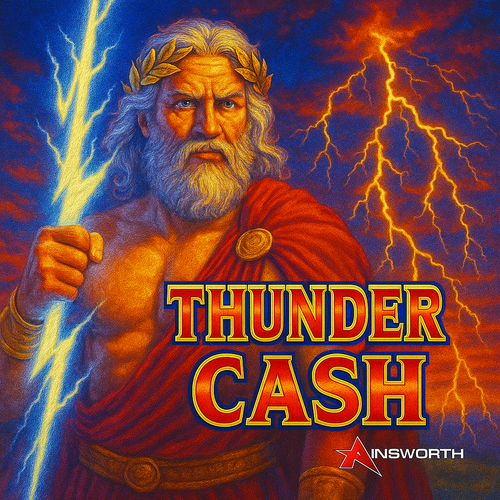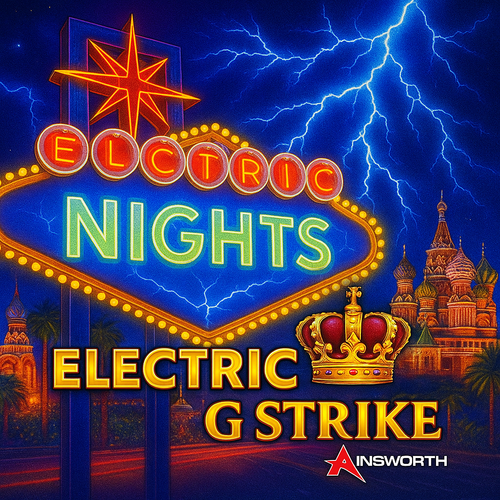Slots with the purchase of a bonus: is it worth the risk
Introduction
The Buy Bonus feature allows you to instantly activate freespins or other bonus rounds for a fixed fee, bypassing the wait for scatters. This increases control over gameplay, but changes the mathematical expectation of payouts. In the article, we will analyze the key aspects that will help you decide whether to pay for the bonus.
1. Bonus buying mechanics
Fixed price: usually from 50 × to 150 × of the base rate, directly depends on the likelihood of a traditional bonus.
Direct activation: after payment, the slot immediately launches the bonus mode (freespins, extended reels, multipliers, etc.).
Recalculated RTP: the slot has two indicators - basic RTP without purchase and RTP taking into account Buy Bonus. The second is always lower.
2. Effect on volatility and variance
Smoothing "drawdowns": eliminates periods without bonuses, reduces long series of losses.
Increased variance: Due to the higher bonus price, the total number of spins is reduced, which increases the fluctuations in winnings.
Changing the risk profile: When buying a bonus, the player immediately falls into a more volatile segment of the game.
3. Benefit calculation
1. Comparison of prices and probabilities:- Determine the average number of spins before the bonus through a normal drop (for example, a scatter on 1% of spins → an average of 100 spins).
- Compare the amount of bets for this number of spins with the Buy Bonus price.
- If RTP on purchase ≥ 90%, the chance of entering plus in the long term is higher.
- With RTP <85%, the purchase rarely pays off.
- Many slots give increased multipliers or additional wild symbols in the bonus, which improves expectation.
4. When buying a bonus is justified
Limited time: there is no way to wait long, but you want to evaluate the bonus round.
Big bankroll: ready to pay for accelerated access without the risk of "freezing" on the main screen.
Low-volatility versions of Buy Bonus: when the price of the bonus is commensurate with its cost by probability (for example, 60 × with an average expectation of 65 spins).
Testing new slots: to understand the potential of the bonus without long "warming up."
5. When it is better to refuse a purchase
Small bankroll: the high price of the bonus will quickly run out of funds.
RTP with the purchase is significantly lower than the base: a difference of more than 5-7% will make the function unprofitable.
High volatility: readiness for large drawdowns without a guarantee of a bonus.
6. Practical recommendations
1. Calculate the price equivalent: the Buy Bonus price should be close to the average number of spins before the bonus is dropped.
2. Compare two RTPs: play at a minimum until you make sure that the RTP on purchase is close to basic.
3. Use demo mode: estimate the average bonus payout with no real cost.
4. Set limits: define a budget ceiling for the purchase of bonuses and do not go beyond it.
Conclusion
Buy Bonus is an effective tool for controlling the launch of bonuses, but saves time at the cost of increased risk. Before buying, it is important to compare its cost with probabilities, check RTP and evaluate your own bankroll. A rational approach and calculations will help you make an informed decision and avoid unnecessary losses.



















